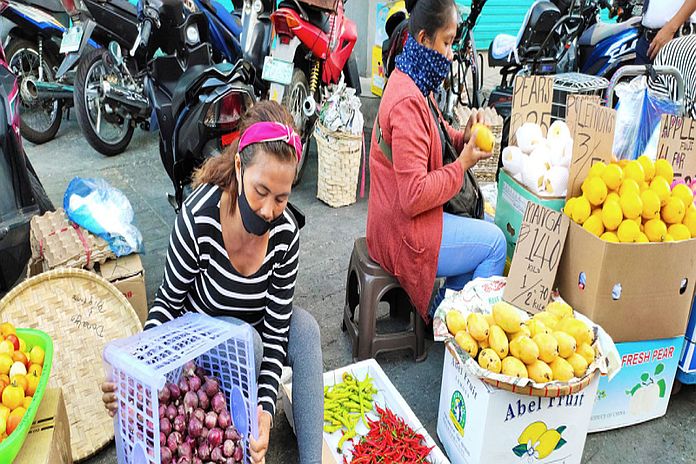NEW YORK, USA – The COVID-19 pandemic has not only led to a “dramatic loss” of human life but also constitutes an “unprecedented challenge” to public health, food systems and employment, a group of leading UN agencies said on Tuesday.

In a joint statement, the International Labour Organization (ILO), Food and Agriculture Organization (FAO), International Fund for Agricultural Development (IFAD) and World Health Organization (WHO) highlighted that tens of millions are at risk of falling into extreme poverty.
“Now is the time for global solidarity and support, especially with the most vulnerable in our societies, particularly in the emerging and developing world”, the statement said.
“Only together can we overcome the intertwined health and social and economic impacts of the pandemic and prevent its escalation into a protracted humanitarian and food security catastrophe, with the potential loss of already achieved development gains”.
Jobs decimated
The pandemic has decimated jobs and placed millions of livelihoods at risk, the UN agencies attested.
Pointing out that “millions of enterprises face an existential threat”, they indicated that nearly half of the world’s 3.3 billion workforce risks losing its livelihood.
Unable to earn an income during lockdowns and without sufficient social protections or health care, informal economy workers are particularly vulnerable – many powerless to feed themselves and their families.
Agricultural workers
At the same time millions of wage-earning and self-employed agricultural workers face high levels of poverty, malnutrition, and poor health.
With low or irregular incomes and no social support, many are spurred to continue working in unsafe conditions, exposing themselves and their families to additional risks.
Moreover, amidst income losses, the agencies flagged that they may resort to unwise strategies, such as panic-selling of possessions, predatory loans, or child labour.
“Migrant agricultural workers are particularly vulnerable, because they face risks in their transport, working and living conditions and struggle to access support measures put in place by governments”, the statement detailed.
Food systems
The pandemic has also laid bare the fragility of the entire food system.
Border closures, trade restrictions and confinement measures have disrupted domestic and international food supply chains and reduced access to healthy, safe, and diverse diets.
The UN agencies underscored that long-term strategies must be developed to “address the challenges facing the health and agri-food sectors” with priority given to underlying food security, malnutrition challenges, rural poverty, and social protections, among other things.
Coming back stronger, together
The UN is committed to pooling its expertise and experience to help countries respond to the crisis and achieve the Sustainable Development Goals (SDGs).
“We must recognize this opportunity to build back better”, the statement stressed.
The only way to protect human health, livelihoods, food security and nutrition while ensuring a ‘new normal’, is to “rethink the future of our environment and tackle climate change and environmental degradation with ambition and urgency”, the joint statement declared.





